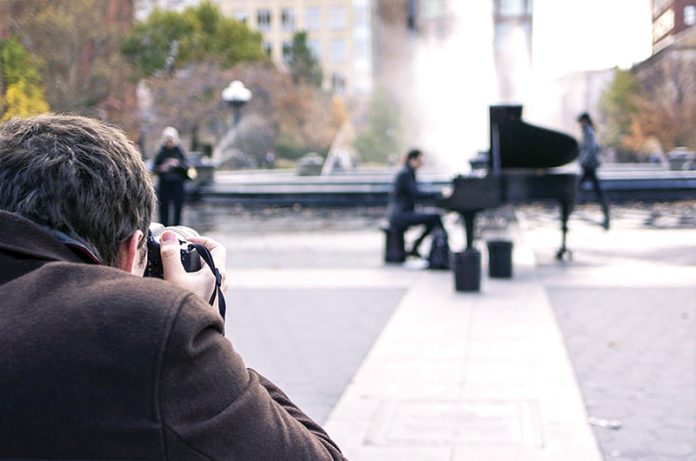Invasion of someone’s privacy by taking photos or filming them without their knowledge or consent, could land the photographer in jail, or face heavy penalties that could include three year imprisonment or up to KD3,000 in penalties.
Issuing the warning, the Anti-Cybercrime Department at the Ministry of Interior noted that anyone who deliberately abuses or defames others by photographing them without their knowledge or consent, or electronically distributing photos or videos of people with the intention of harming the individual is subject to punishment and penalties.
Explaining the law, Attorney Muhammad Dhaar Al-Otaibi said that people taking or distributing photos or videos of individuals without their knowledge or consent in a punishable offense. He added that this law takes on greater relevance given the current trend among many people to film individuals and events and upload them to the internet.
However, he qualified that the law does not pertain to someone who, for example, films a vehicle accident where the driver attempts to flee the scene, or records attempts to rob or attack others, and provides the filmed material to the relevant authorities to assist them in apprehending the criminals. This also applies to someone who films others without their consent, in order to protect themselves legally or to absolve themselves of responsibility for an incident. Provided they did not find any other way to present their side of the story to the legal authorities. In this case, it is left to the judge hearing the case to determine if the issue was intended to defame or offend another person.
Al-Otaibi also noted that Clause (C) of Article 70 of Law No. 37 of 2014 states that “anyone who intentionally offends and defames others by using a device or means of communication or other means to take a picture or more, or a video clip thereof, without the knowledge or consent of the person photographed, or exploited the capabilities of these devices and extracted images from them without permission, or fabricated a picture contrary to public morals for other people, shall be punished by imprisonment for a period not exceeding two years and a fine of no more than KD5000 and not less than KD500, or one of these two penalties.
On the other hand, another legal expert explained that in the case of taking photos of people without criminal intent, whether in private or public, or without their knowledge, the judgment shall remain in the hands of the criminal prosecutor, the convict, and the court. The verdict shall also be determined by investigating the circumstances and interrogating the offender.
“It is best to avoid photographing or filming people through a camera or a mobile phone, or broadcasting them through various social media channels to avoid criminal suspicion, and to avoid investigation through the Public Prosecution or the authorities concerned with the investigation, and then be subject to a legal case,” said another lawyer.
The following penalties for applicable to those who commit the above mentioned offenses, which are considered as misdemeanors or felonies:
- A misdemeanor is punishable by imprisonment for a period not exceeding two years and a fine not exceeding KD2,000, or by one of these two penalties, and the confiscation of equipment or other equipment used in the commission of the crime.
- A felony occurs when sending the image to other people, circulating it by any means, or publishing it on the internet and social networking sites, or any other means.
- A felony is punishable by imprisonment for a period not exceeding five years, a fine not exceeding KD5,000, and the confiscation of equipment, or others used in the commission of that crime.
The aforementioned acts are also punishable when they are associated with other forms of misconduct such as threats and blackmail, breach of modesty, afflicting symptoms, as well as, incitement to immorality.

















